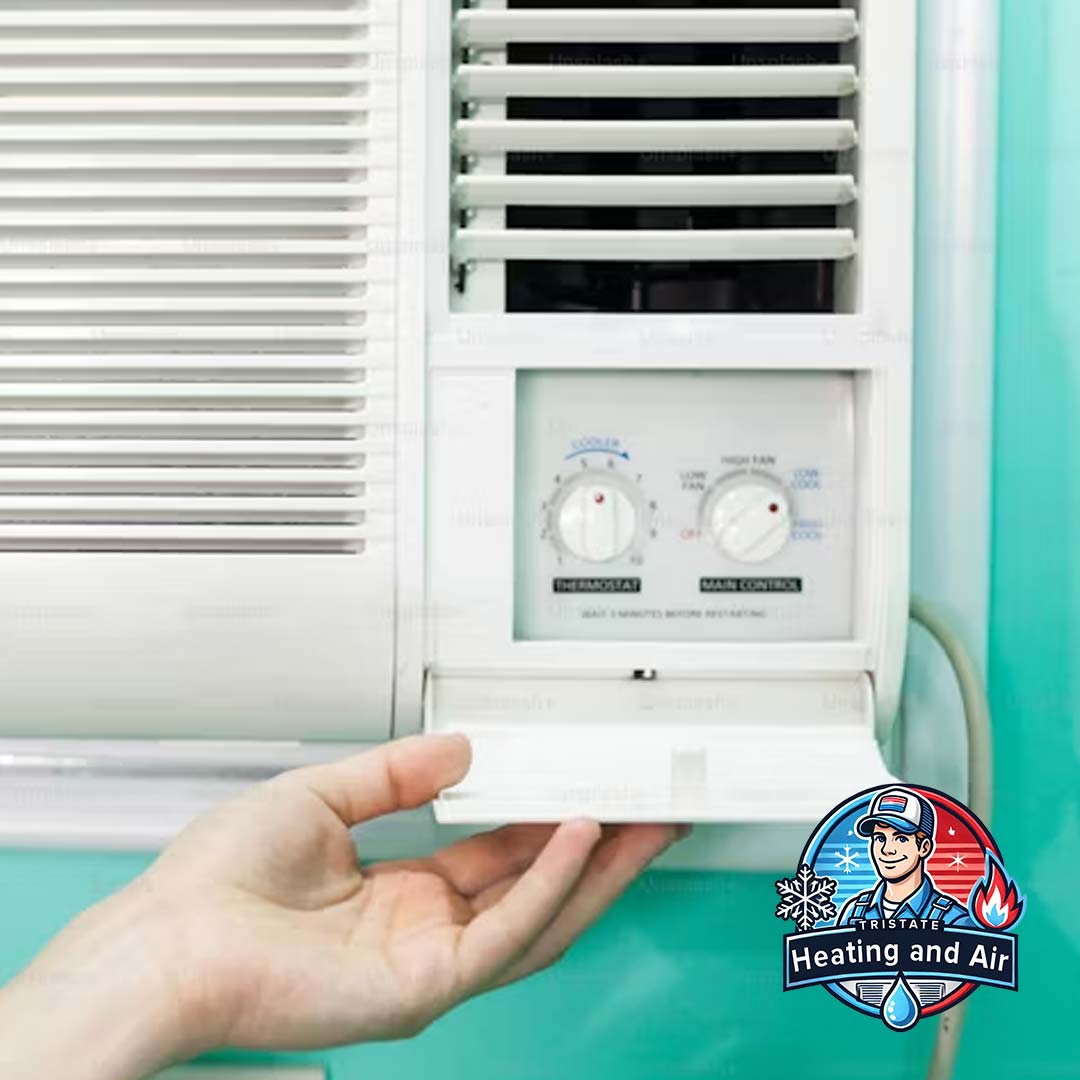Published: Oct 03, 2024

Your HVAC system is one of the most important investments in your home, responsible for keeping you comfortable year-round. With proper care and maintenance, you can extend the life of your heating and cooling equipment, saving money on repairs and replacements while ensuring reliable performance. In this article, we’ll share practical tips for maintaining your HVAC system and keeping it running smoothly for years to come.
Air filters are crucial for maintaining good indoor air quality and ensuring your HVAC system runs efficiently. Over time, filters can become clogged with dust, dirt, and other particles, restricting airflow and forcing your system to work harder.
Regular professional inspections are essential for catching potential issues before they become major problems. A qualified HVAC technician can identify and address minor issues, perform necessary maintenance, and ensure your system is operating at peak efficiency.
The outdoor unit of your HVAC system is exposed to the elements, making it susceptible to dirt, debris, and vegetation. Keeping it clean and clear of obstructions is vital for maintaining proper airflow and system performance.
Leaky ducts can lead to significant energy loss, reducing the efficiency of your HVAC system and increasing your energy bills. Inspecting and sealing your ductwork can help improve system performance and indoor air quality.
A programmable thermostat can help you optimize your HVAC system’s performance by automatically adjusting the temperature based on your schedule. This reduces the strain on your system and helps extend its lifespan.
If you notice any unusual noises, smells, or performance issues with your HVAC system, it’s important to address them promptly. Ignoring minor issues can lead to more serious problems and costly repairs down the line.
Regular maintenance is key to extending the life of your HVAC system and ensuring it operates efficiently year-round. By following these tips, you can keep your heating and cooling equipment in top condition, reduce the risk of breakdowns, and save money on energy bills and repairs. Whether it’s changing air filters, scheduling professional inspections, or keeping your outdoor unit clean, consistent maintenance will help you get the most out of your HVAC system for years to come.

Our expert technicians are ready to assist you 24/7!
Contact Us Today!Read our latest articles for helpful information about heating, cooling, and air quality.
Regular maintenance and timely tune-ups are essential for ensuring your HVAC system operates efficiently and effectivel...
Read MoreSmart thermostats are a wise choice for homeowners seeking to enhance energy efficiency, save on utility bills, and opt...
Read MoreDebunking common HVAC myths is crucial for homeowners to make informed decisions about their heating and cooling system...
Read MoreRegular HVAC maintenance is crucial for homeowners to improve energy efficiency, extend equipment lifespan, enhance indo...
Read More